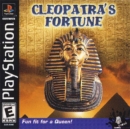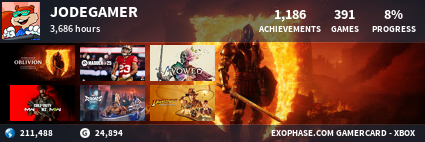jason1637 said:
LuckyTrouble said:
Let me teach you a bit why DRM is absolute bs.
People assume piracy is some huge detriment to the entertainment industry as a whole. They picture millions of dollars being lost to those pesky pirates who chose to duplicate the product freely rather than pay for the original legitimately. They say that pirates are stealing and are taking sales away from developers. Of course, all of this ignores some pretty basic concepts.
1) Piracy is not theft. Theft is taking the original so that nobody else can use it any longer. Piracy is duplicating a product, maintaining the original, and taking a copy. Nothing is ultimately lost because nothing is actually taken except copied code. With that in mind, we're at the first level of why piracy is not lost sales.
2) People tend to assume that every pirated copy means one lost sale. What this doesn't acknowledge is that somebody who commonly pirates likely had no intention of buying the product to begin with. It isn't a lost sale if there was never intent to purchase. That's logic used to justify harsh DRM policies that people seem to think deter pirates. Having been a part of a couple of game system piracy scenes, I can safely say that a dedicated pirate will wait months for any anti-piracy efforts to be broken just so that they won't have to spend the money if they need to. In the end, all DRM really hurts is the people who legitimately purchase a game, being forced into an always online state or otherwise.
3) Piracy accounts for an exceptionally small percent of people. Such a small amount that even if every person who pirated a game purchased a physical copy instead, it would hardly impact sales. It would be hard to argue that anybody would notice the boost. Piracy is an insiginifcant part of the game and software industry that people are just really desperate to act as if it's something bigger because there is a lot of legal money in treating it that way.
In the end, piracy is blown way out of proportion and is used to justify terrible DRM policies by those that don't understand that it is completely and utterly pointless.
|
About your 2nd statement.
1. If they dont want they game they wont pirate it.
2. It doesnt matter if they dont want to buy the game, they should not get it for free when others pay for it.
3. Even if its a small percentage, if you dont wanna buy the game you shouldnt get the game illegaly.
|
1. Just because somebody wants the game doesn't mean they want to pay for the game. It's important to point out that division. For example, I may want this game, but I don't want it if it costs money. As such, my demand for the paid product does not exist, even if my demand for the product itself does.
2 and 3. That is entirely ethical, and I assure you, no pirate cares about the ethical implications of piracy. It isn't as if they don't know they're breaking the law. They are completely and entirely aware. They just don't care. You can shake a book full of copyright law at them all day, and it won't change the fact that they won't stop pirating until Johnny Law comes knocking on their door. Even then, legal action taken against pirates only happens periodically to make an example out of somebody every now and again. There is no large scale legal pursuit of piracy that a pirate needs to worry about. There are some logical actions to take, but that's about it.






























































